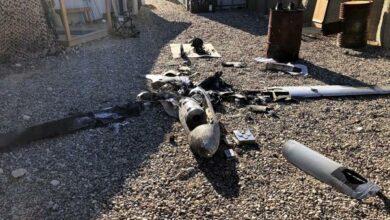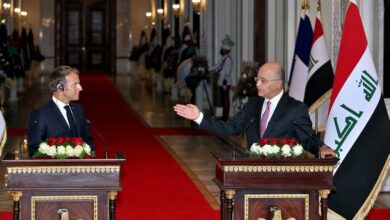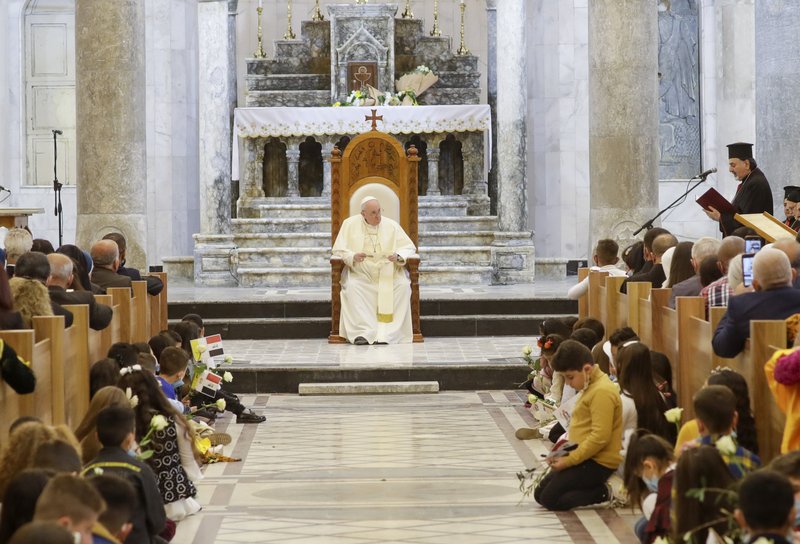
Armed forces closing in on Mosul said on Tuesday they had secured some 20 villages on the outskirts of the city in the first 24 hours of an operation to retake what is Islamic State's last major stronghold in Iraq.
With air support from a U.S.-led coalition, government and Kurdish forces edged closer to the city as smoke darkened the blue sky above one IS position, apparently from oil fires ignited to hamper the incursion and make it harder to land air strikes.
Reuters reporters witnessed Islamic State mortar fire in villages on the plain east of the city as the militants sought to counter a push by Kurdish forces.
One car bomb exploded during the fighting, although it was not immediately clear if it had been detonated or hit by incoming fire.
With a population of 1.5 million, Mosul is the largest city under the control of the Islamic State group that seized swathes of Iraq and Syria in 2014, and its recapture would be a "decisive moment" in defeating the militants, according to U.S. Defense Secretary Ash Carter.
But the urban battle ahead – in a city four to five times larger than other towns seized by Islamic State – poses not only a military challenge, but also a humanitarian one, with the United Nations warning of an exodus of up to a million people.
About 4,000 to 8,000 militants are thought to be dug into Mosul while the forces assembled to drive them out are estimated at 30,000, including Iraqi army, Kurdish and Sunni tribal fighters.
More than 5,000 U.S. soldiers are also deployed in support missions, as are troops from France, Britain, Canada and other Western nations.
The Iraqi army is attacking Mosul on the southern and southeastern fronts, while the Peshmerga carried out their operation to the east.
The Peshmerga, who are also deployed north and northwest of the city, said they secured "a significant stretch" of the 80 km (50 mile) road between Erbil, their capital, and Mosul, about an hour's drive to the west.
The U.N. refugee agency said it had built five camps to house 45,000 people and plans to have an additional six in the coming weeks with a capacity for 120,000, that would still not be enough to cope if the exodus is as big as feared.
The battle has also raised fears of sectarian and ethnic revenge killings in territory retaken from the ultra-hardline Sunni Muslim Islamic State.
Amnesty International urged Iraqi authorities to keep Shi'ite paramilitary groups away from Mosul whose population is largely Sunni.
The rights group said the Shi'ite-led government in Baghdad would bear responsibility for the actions of the militias, known collectively as the Popular Mobilization Forces, which are officially considered to be part of the country's armed forces.
"There can be no justification for extrajudicial executions, enforced disappearances, torture or arbitrary detention," said Amnesty's Philip Luther.




